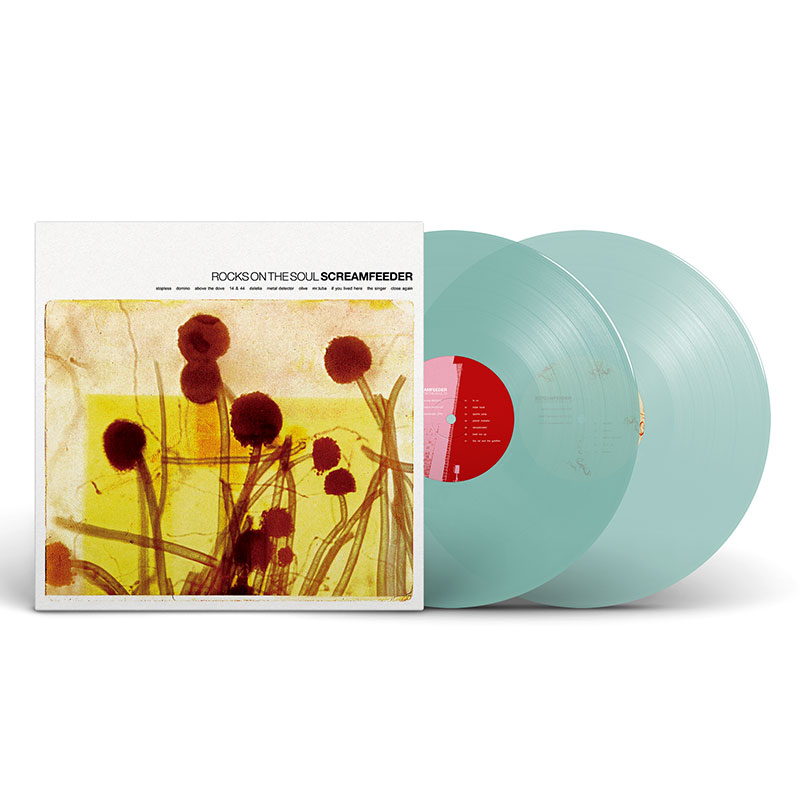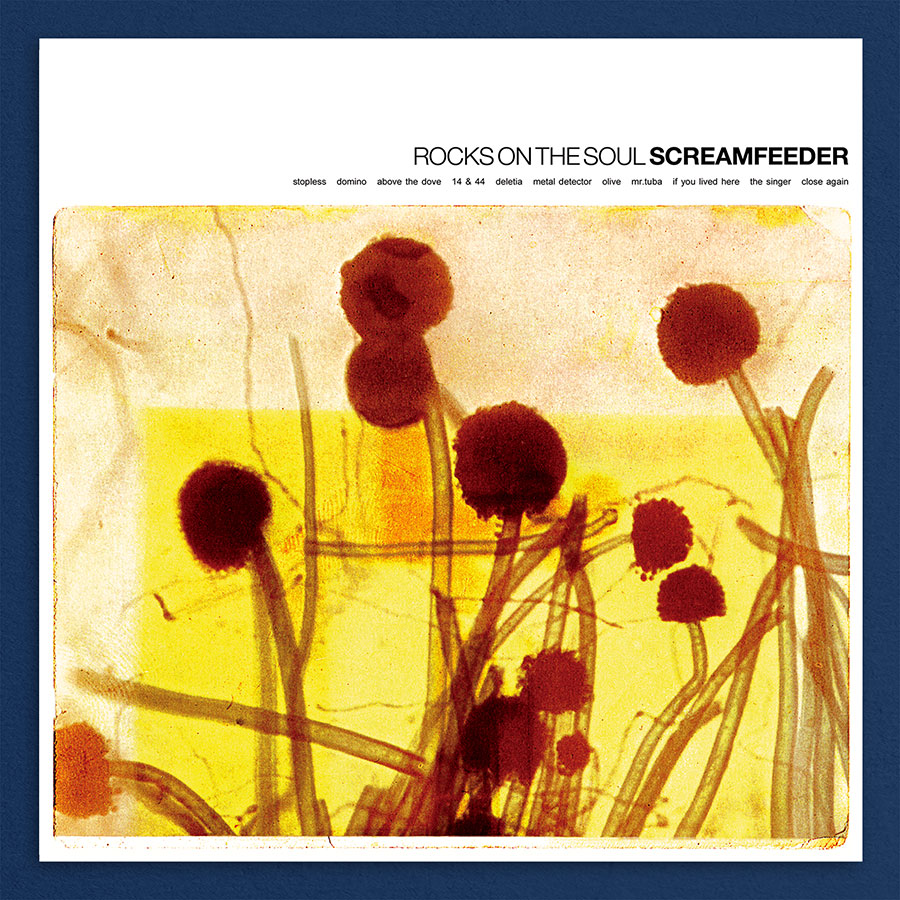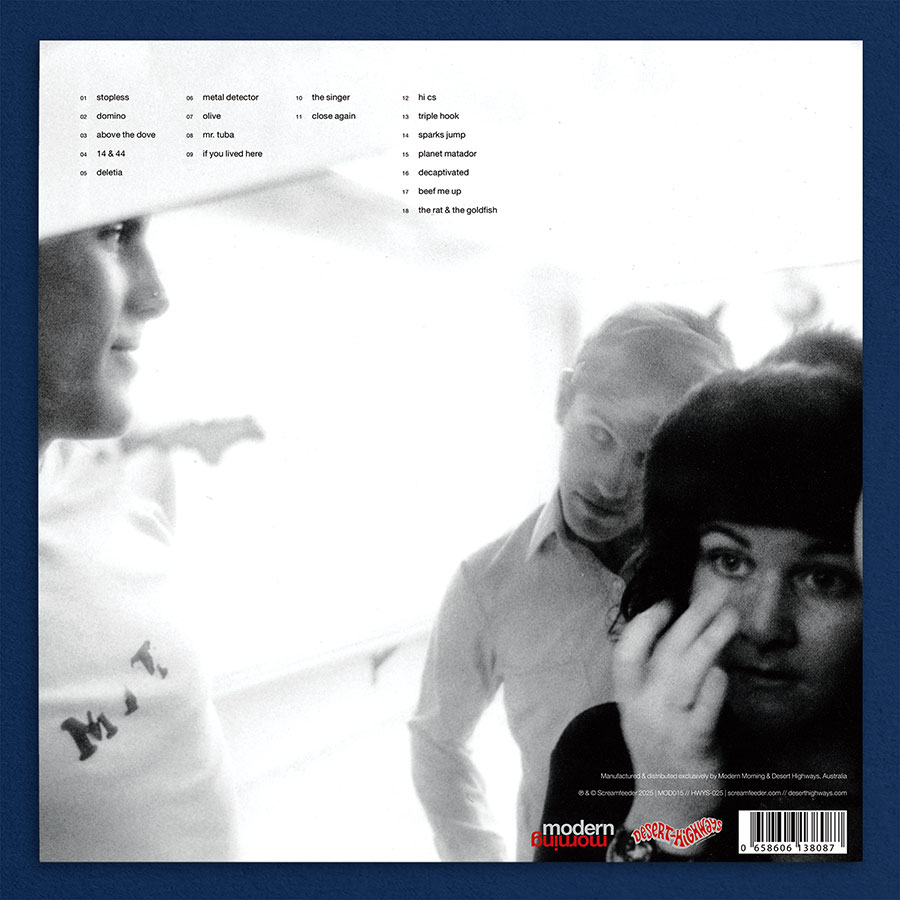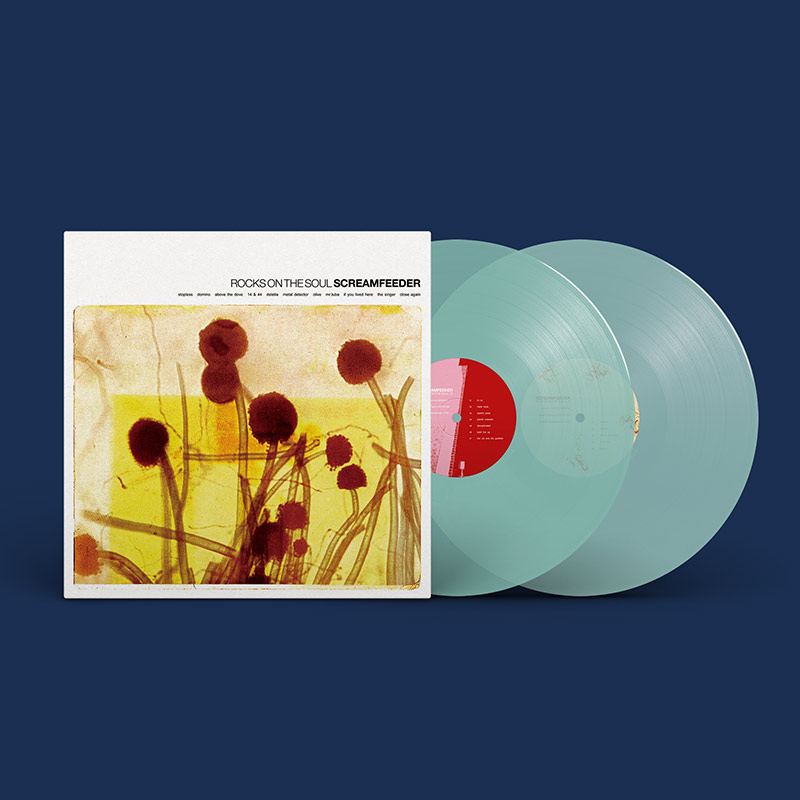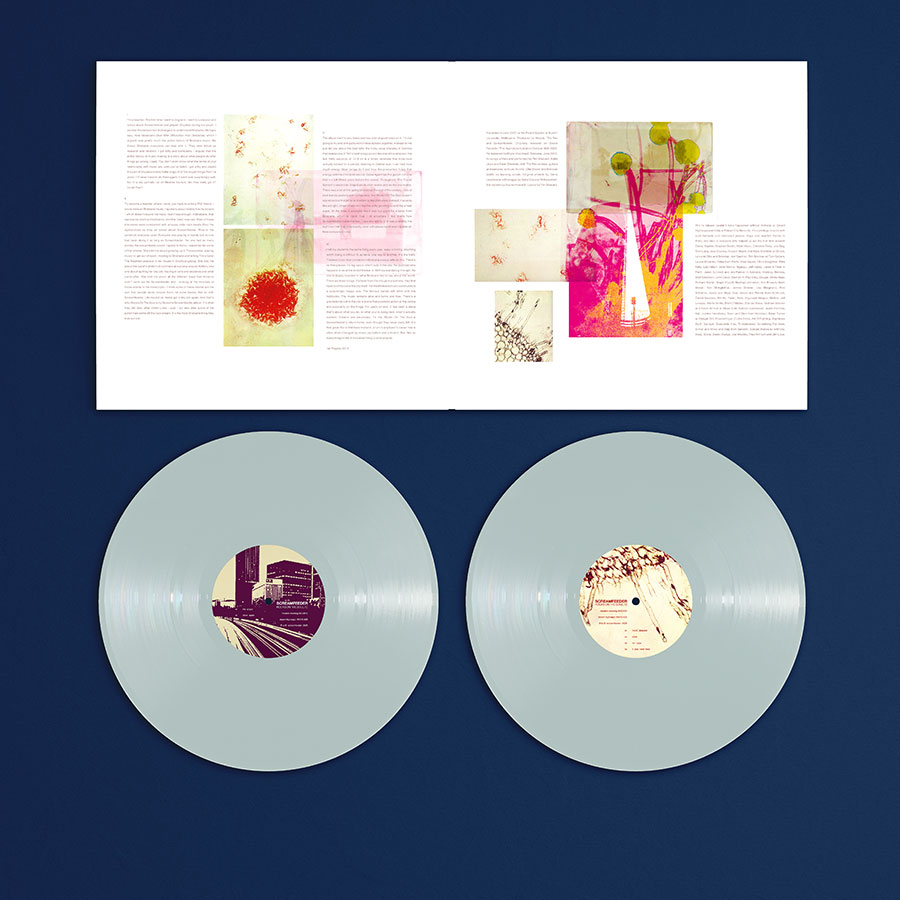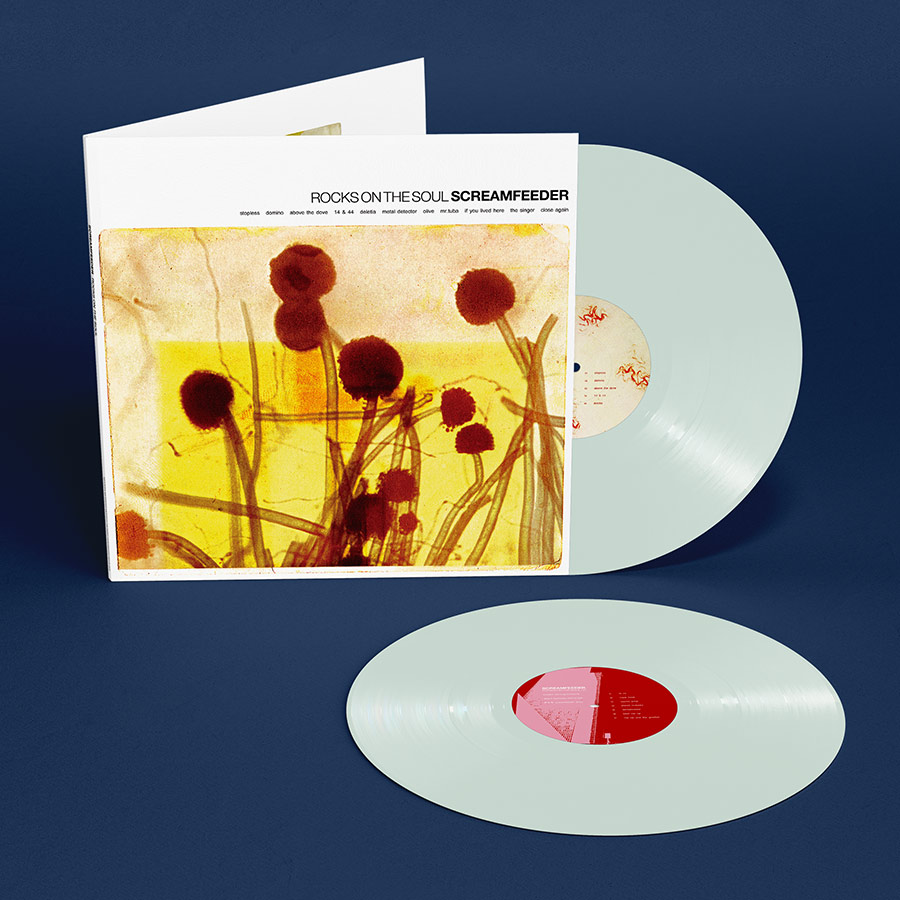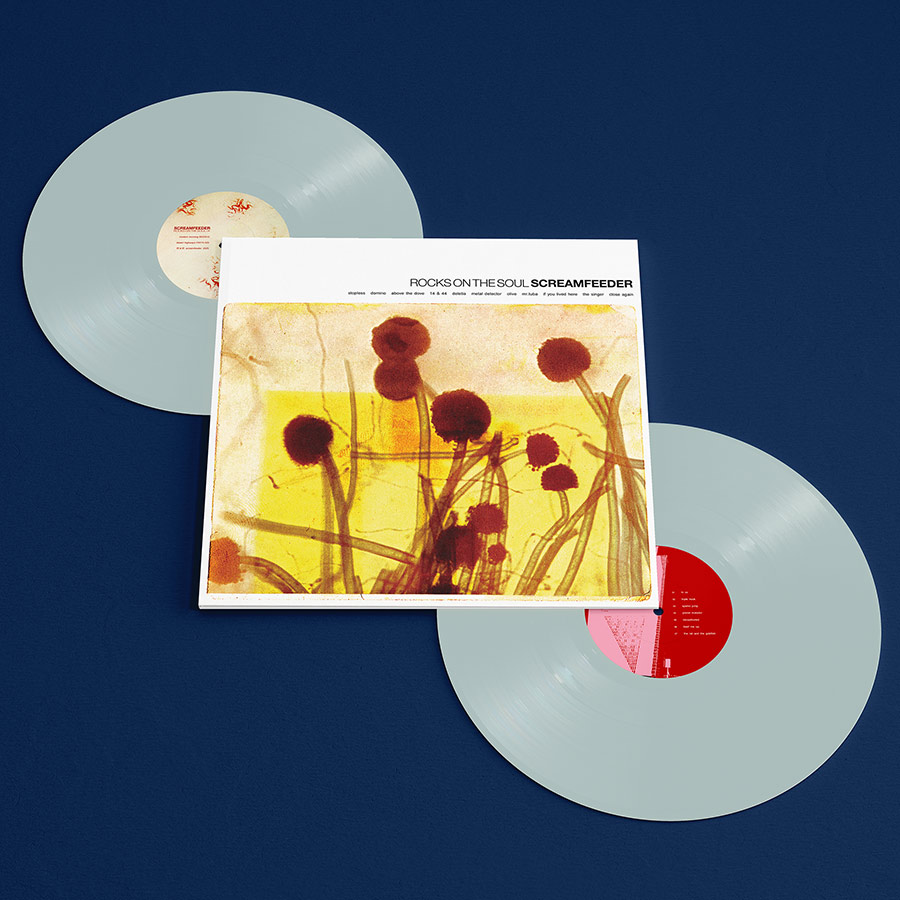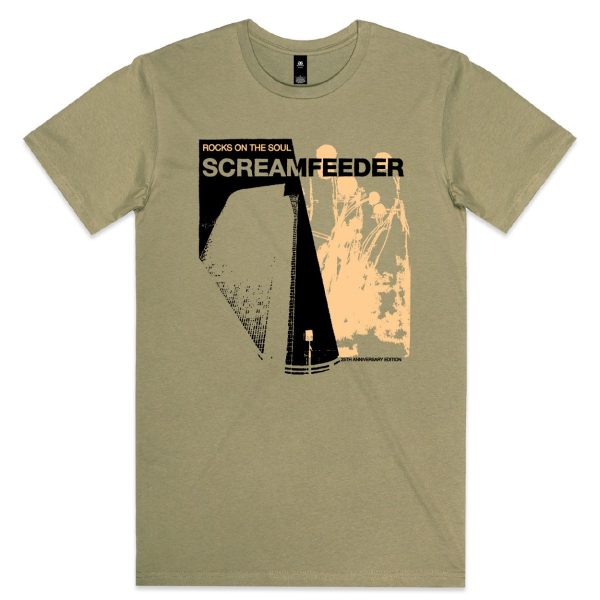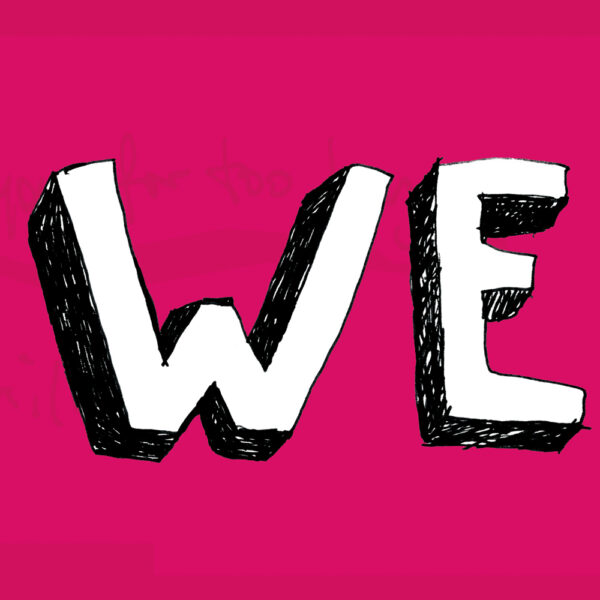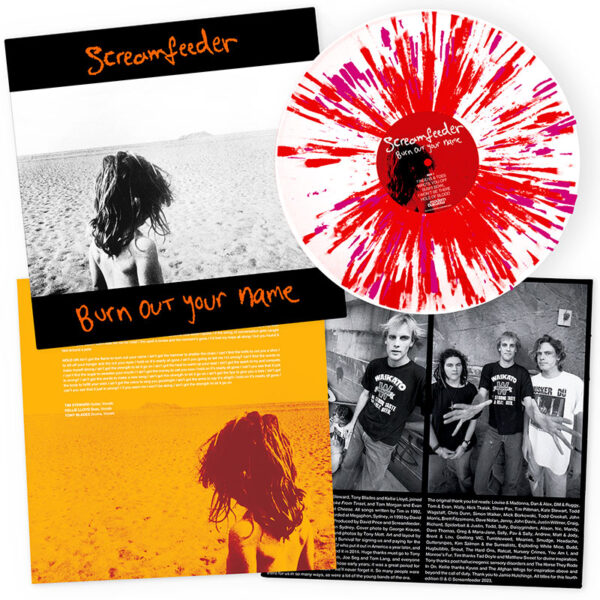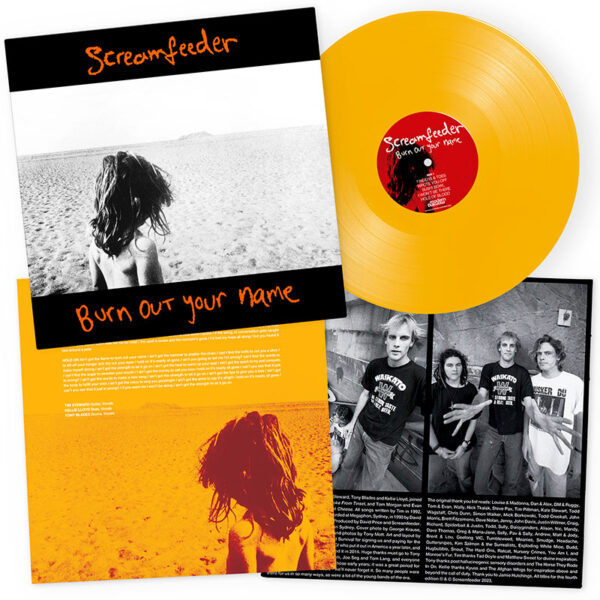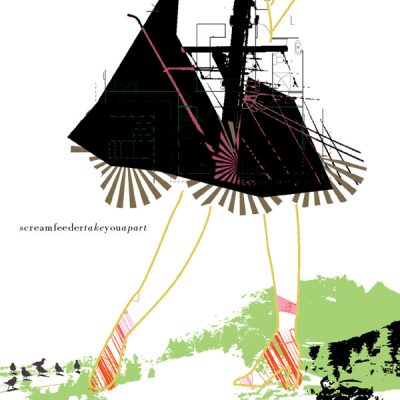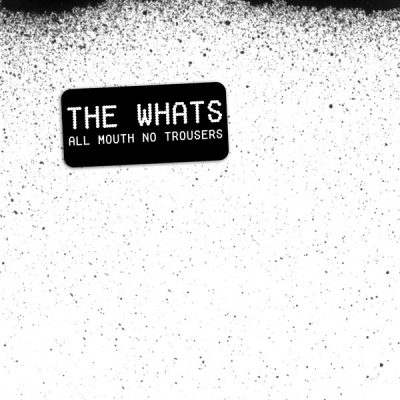| Format | CD, Double Vinyl, Marbled Vinyl (10 only), Test Pressing (5 only), Vinyl bonus pack |
|---|
Rocks On The Soul – Double Album
$35.00 – $60.00Price range: $35.00 through $60.00
25th anniversary double vinyl re-issue of our 5th album, originally released in October 2000.
- Vinyl: re-mastered and re-packaged, with the full 18 songs from the original version. Coke-bottle green transparent vinyl.
- CD: Original 2000 Double CD, Shock Records. New old stock.
You may also like…
-
Rocks On The Soul Double album Bonus Pack
$105.00 Select options This product has multiple variants. The options may be chosen on the product page
Related products
-
Burn Out Your Name – 12″ Vinyl Reissue
$39.00 – $80.00Price range: $39.00 through $80.00 Select options This product has multiple variants. The options may be chosen on the product page -
THE WHATS: All Mouth No Trousers – CD
$20.00 – $25.00Price range: $20.00 through $25.00 Select options This product has multiple variants. The options may be chosen on the product page

